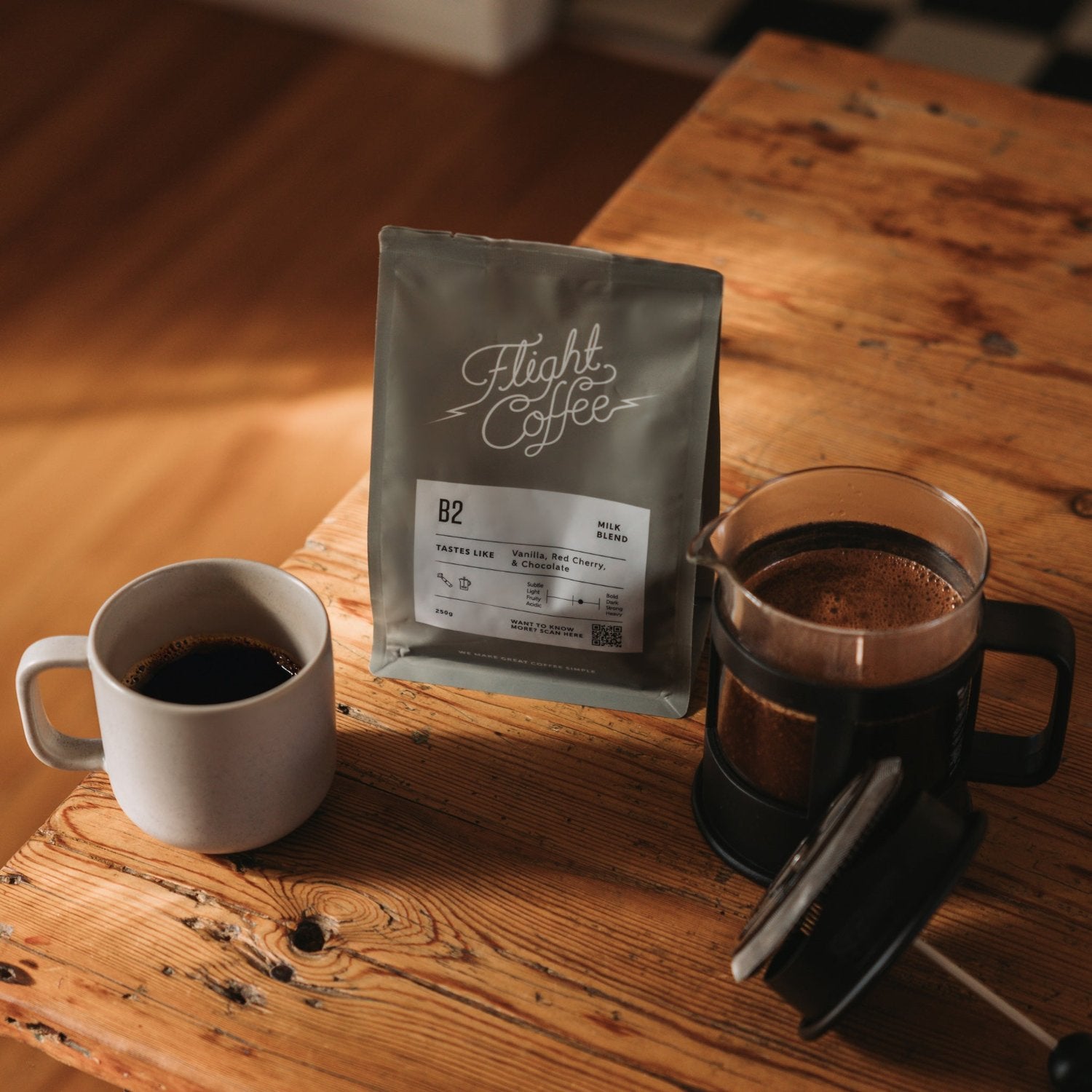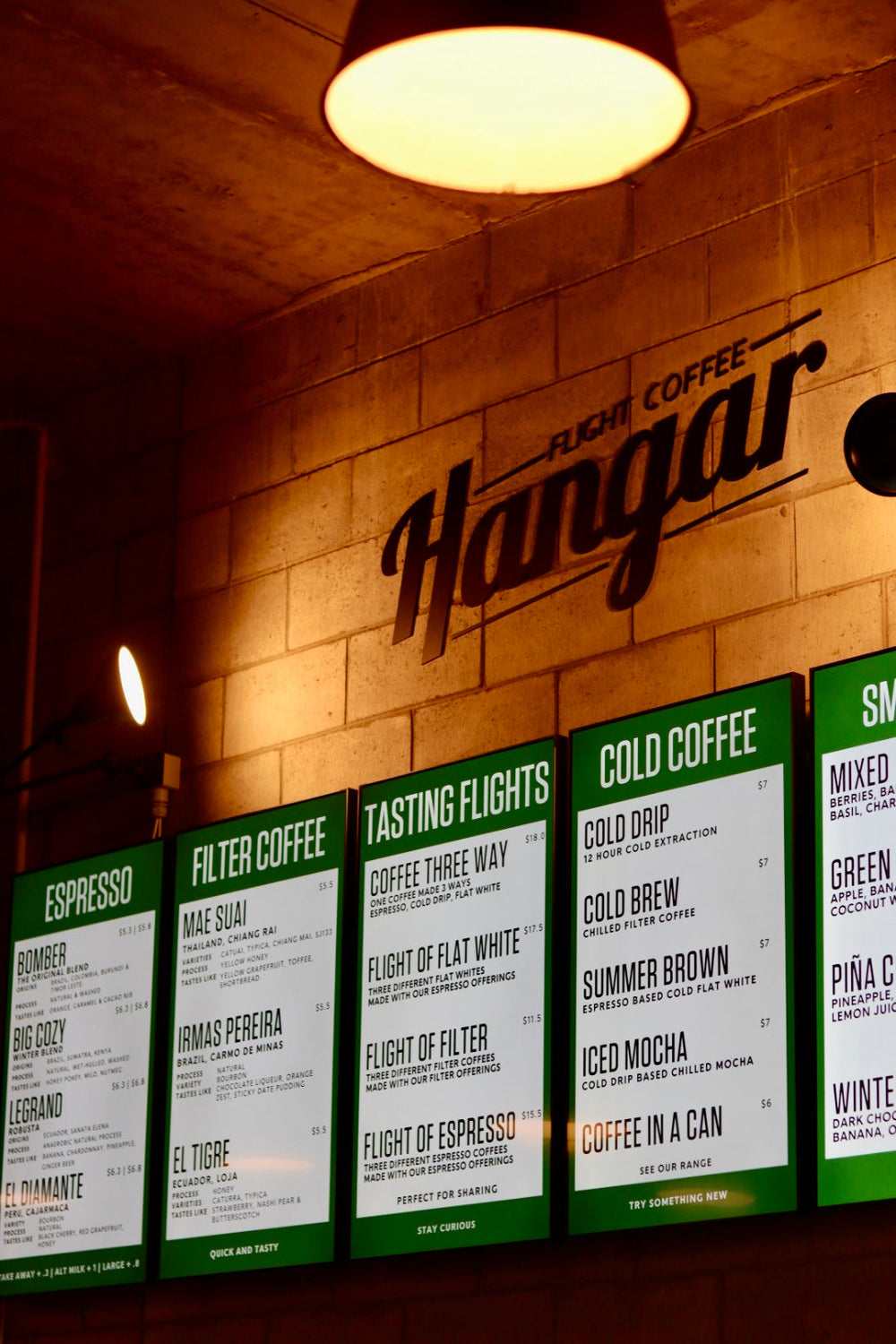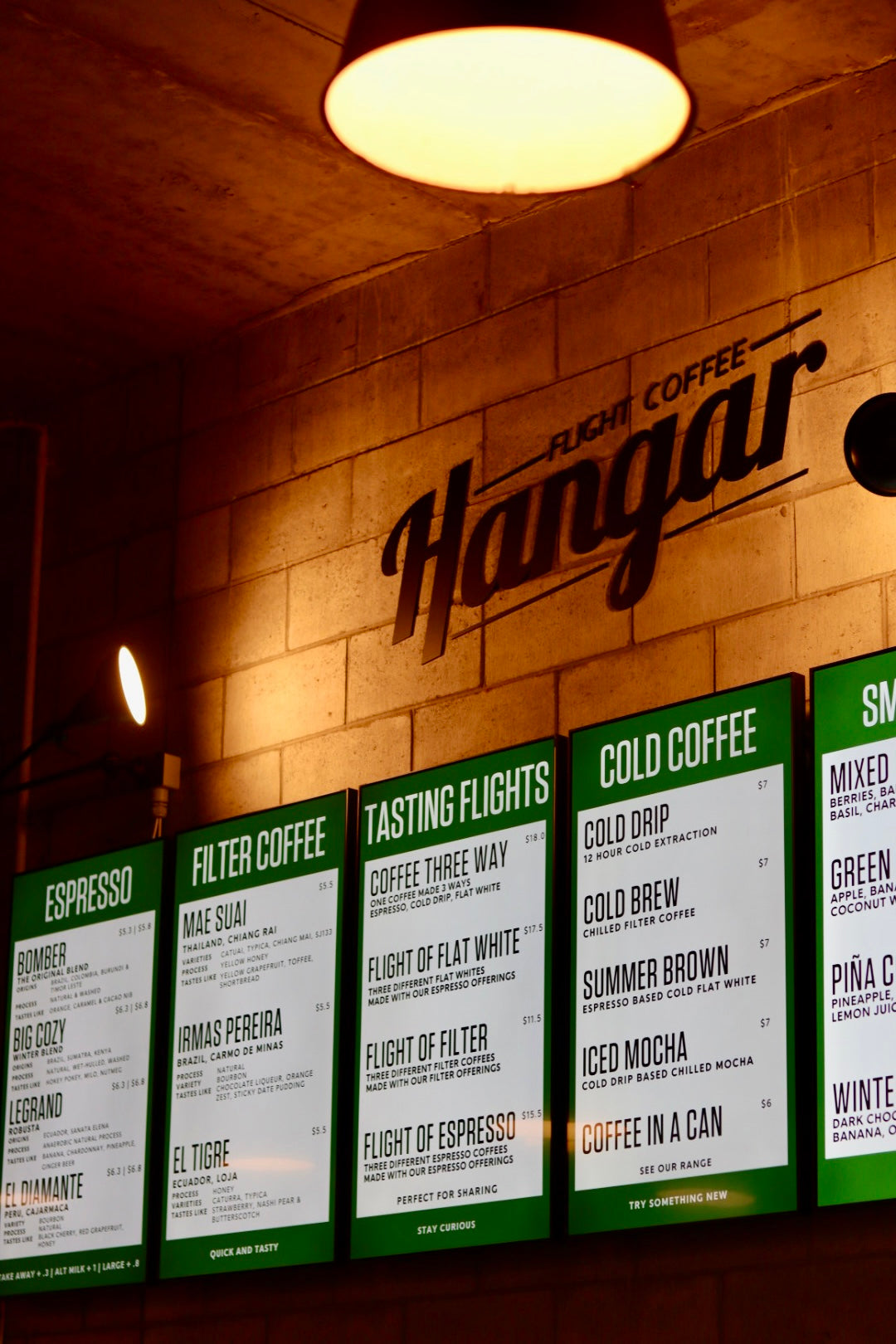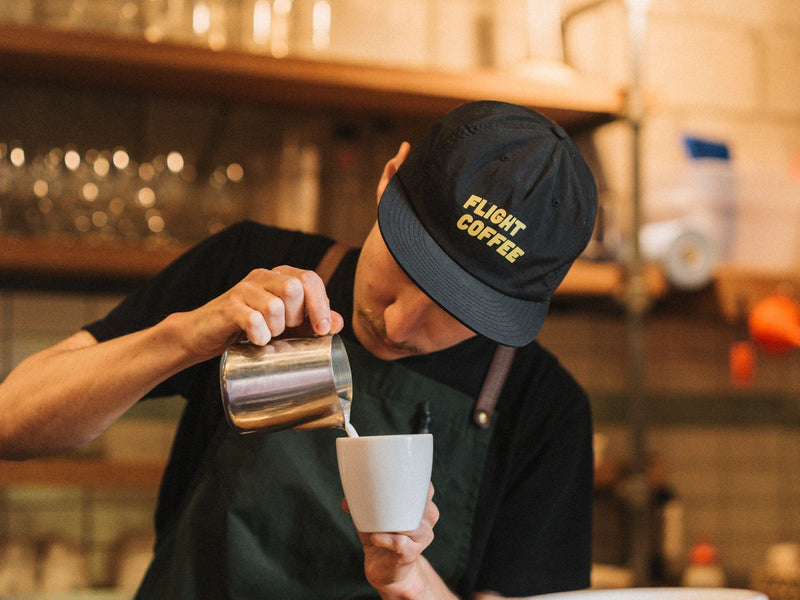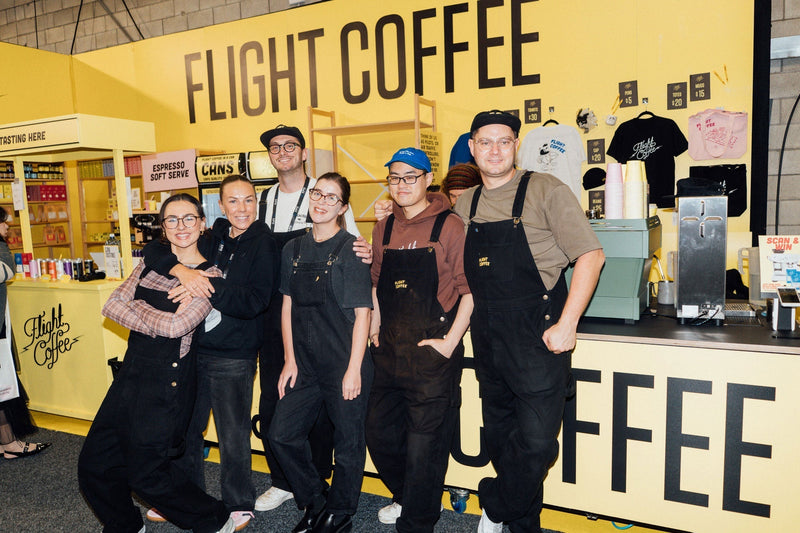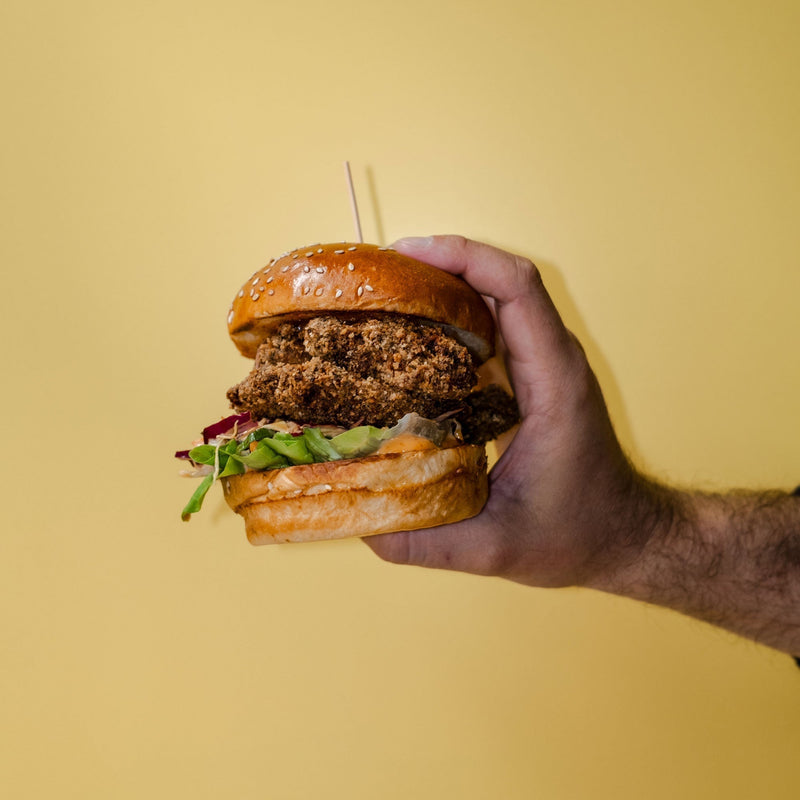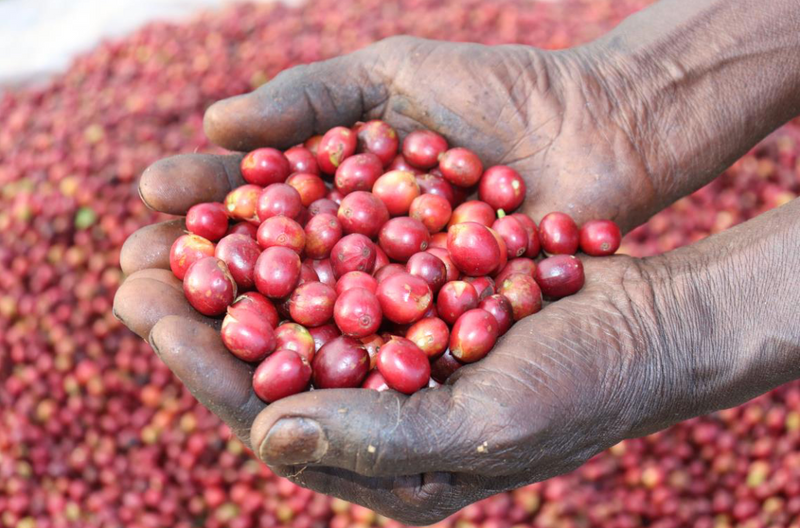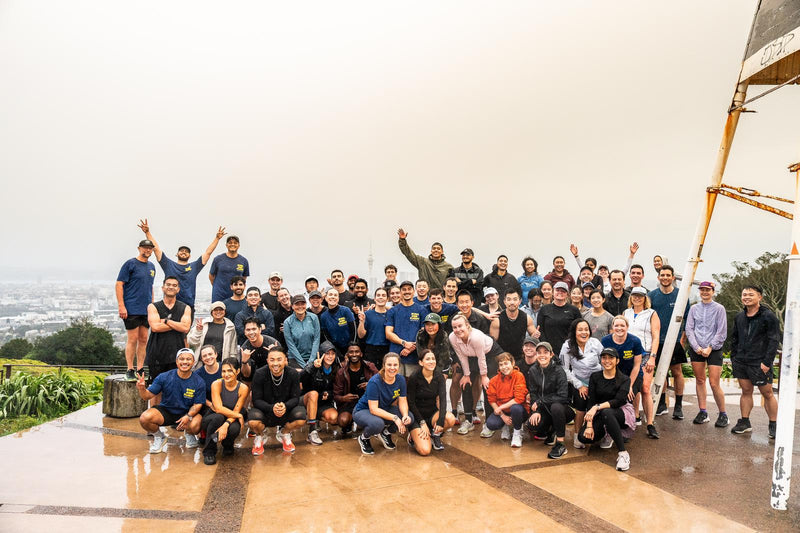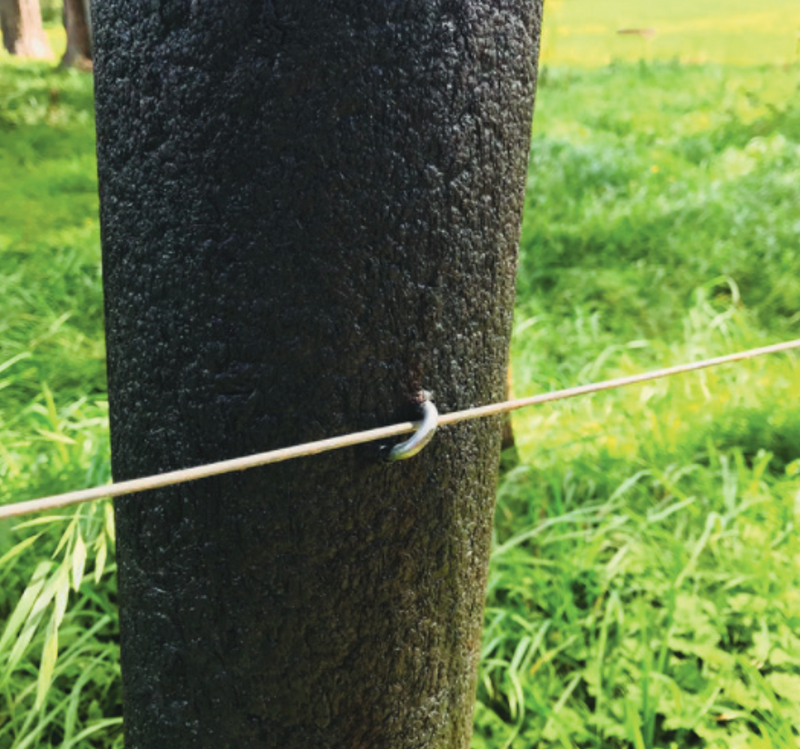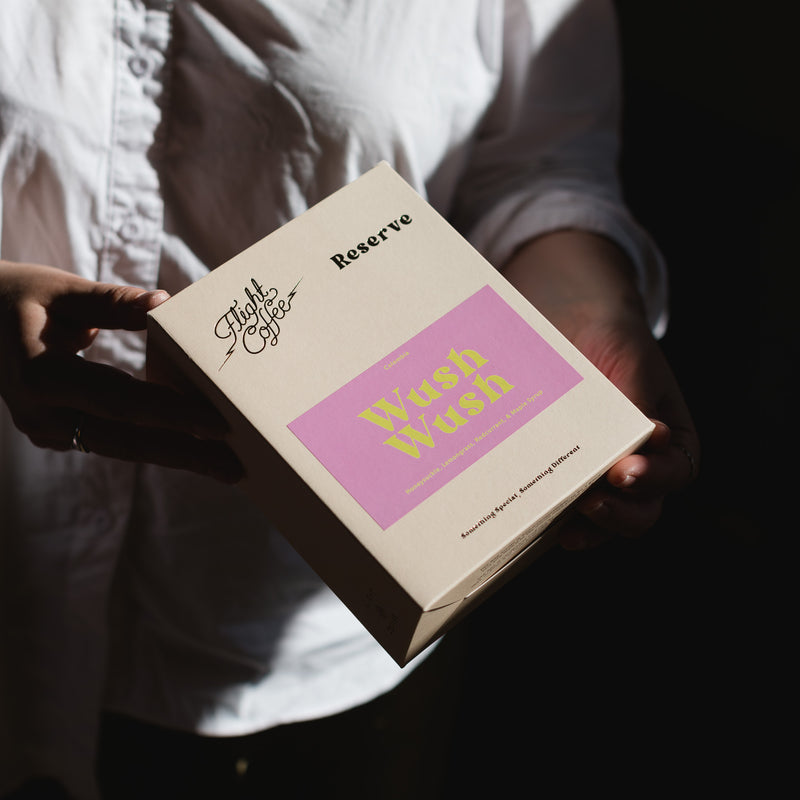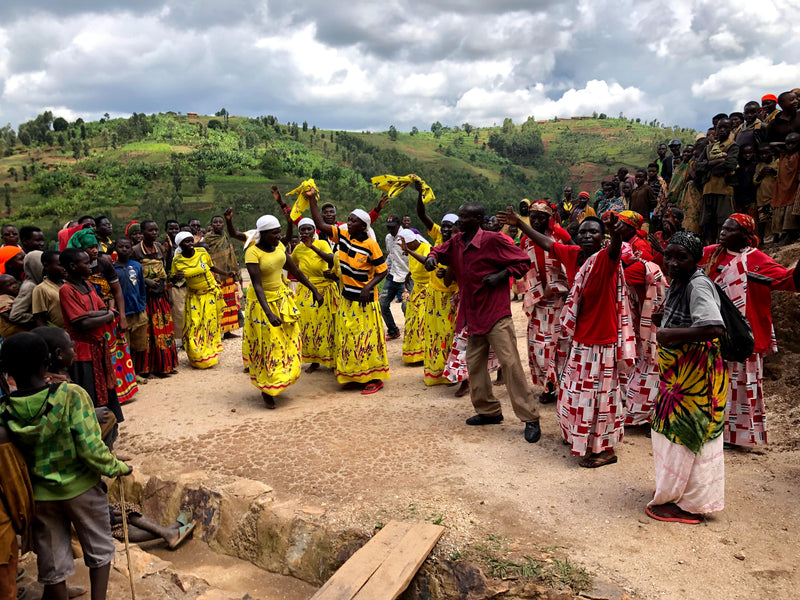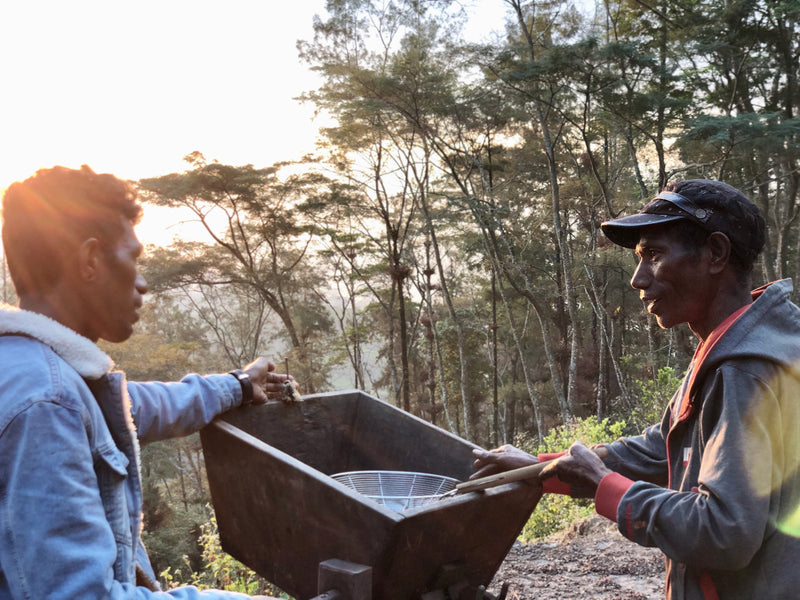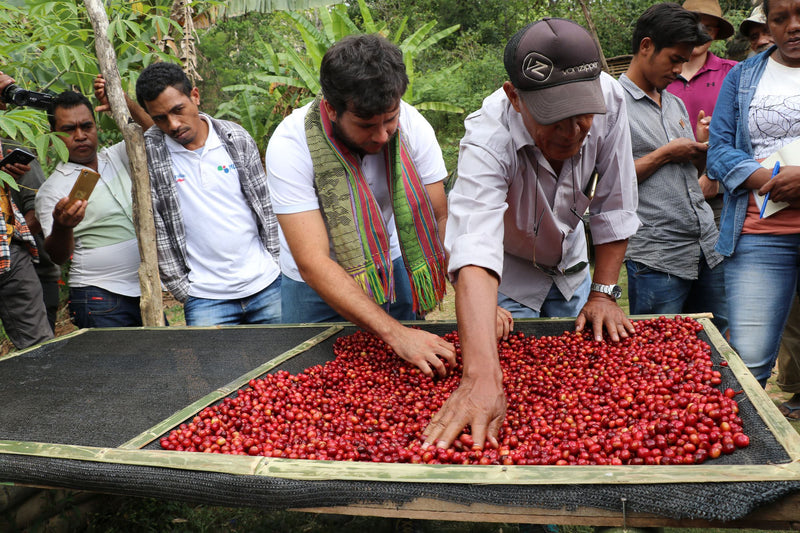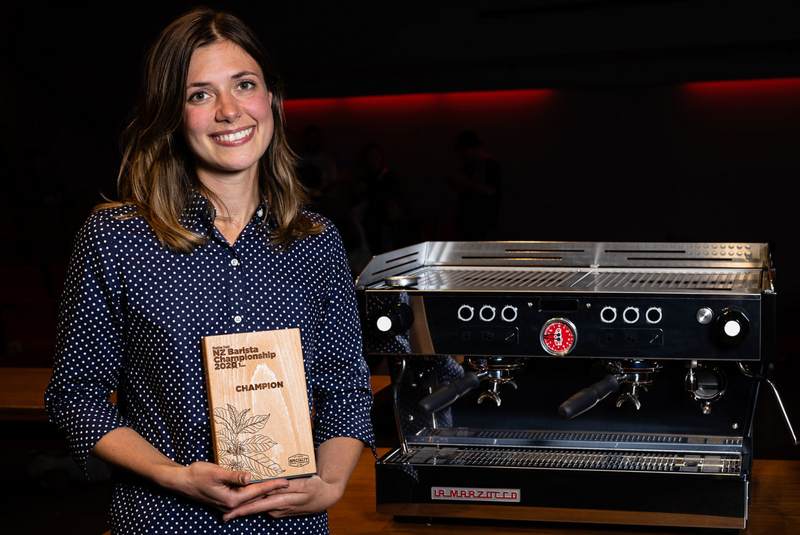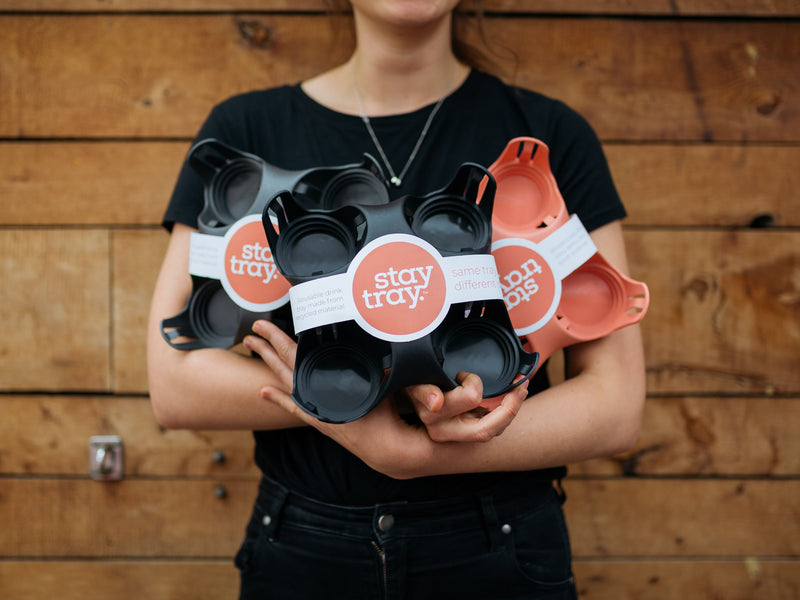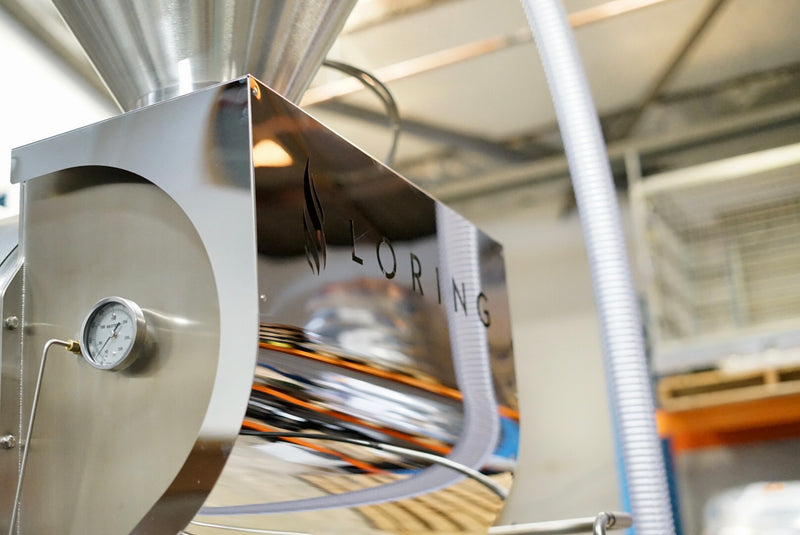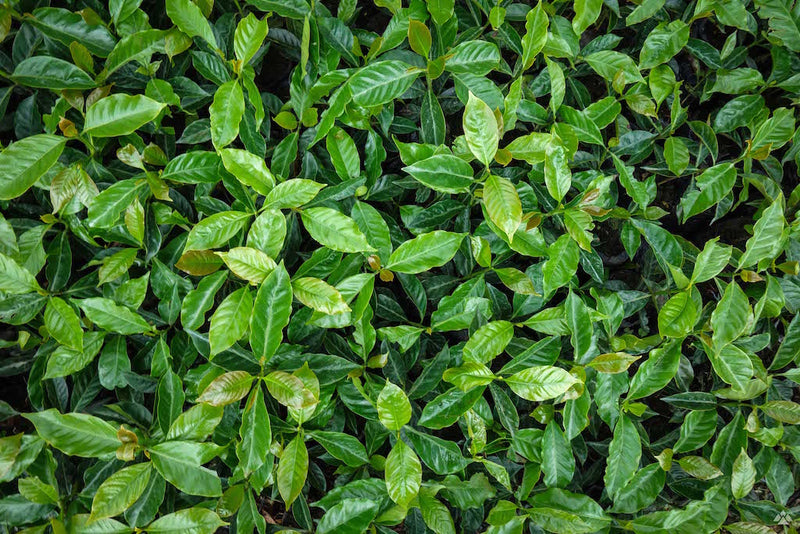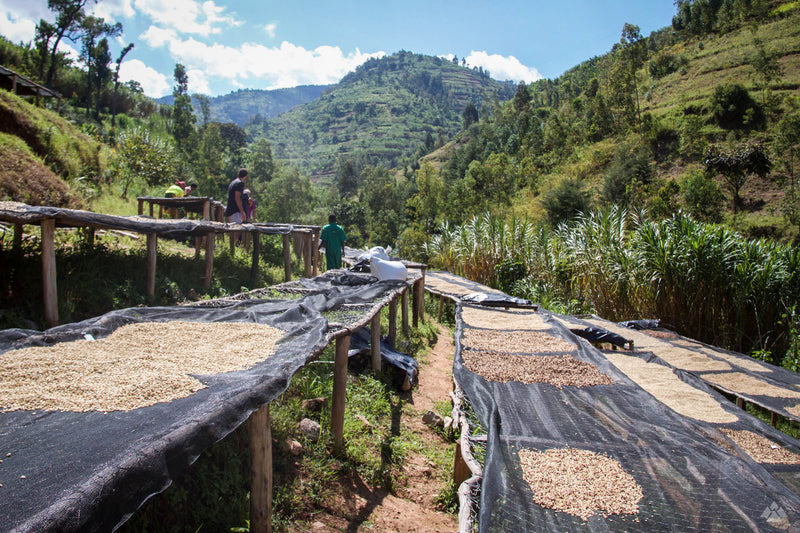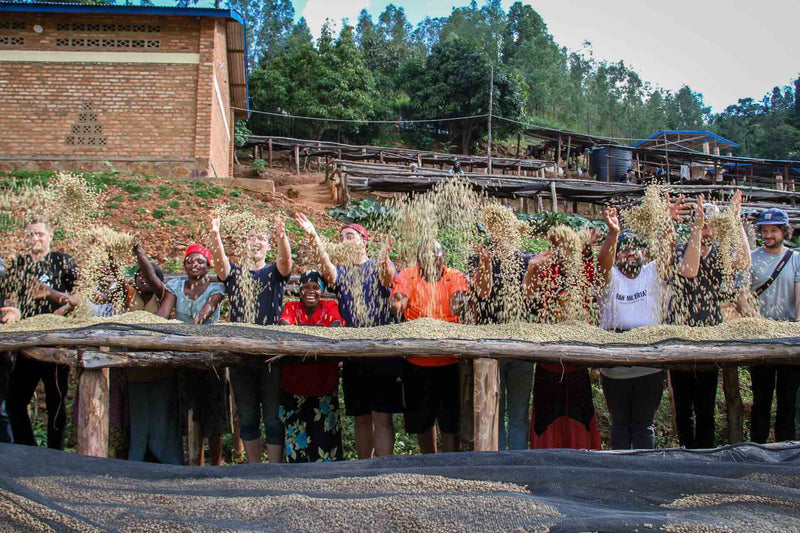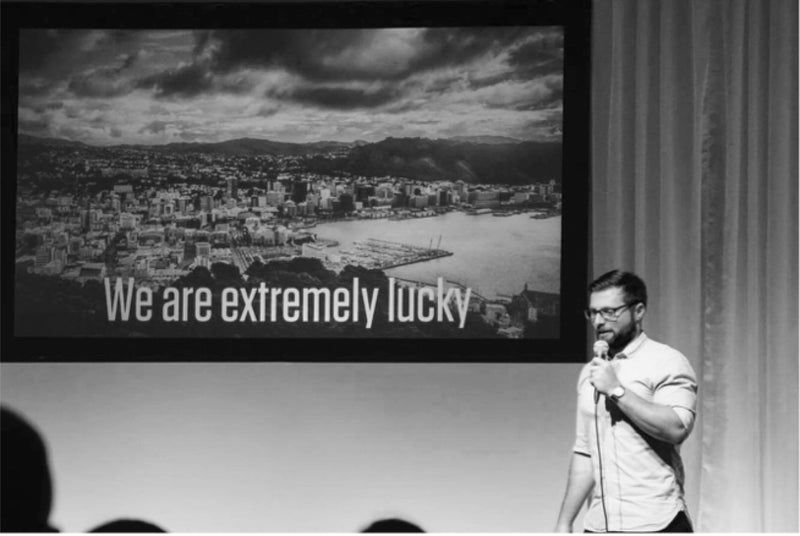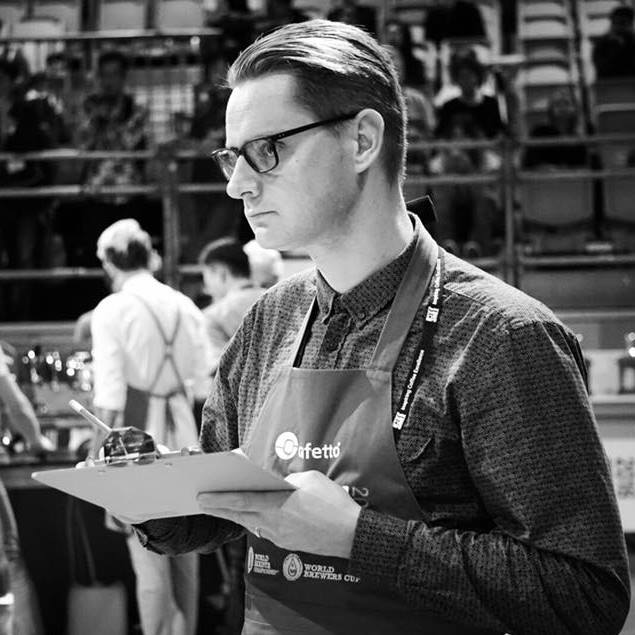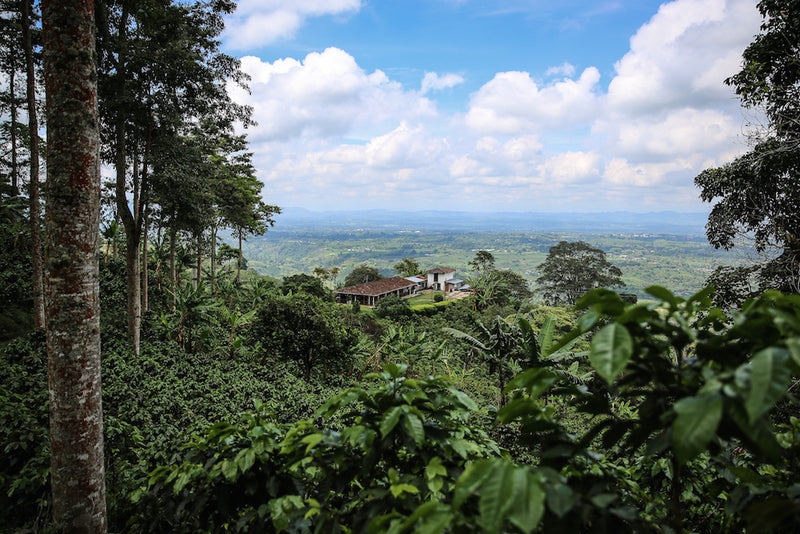Coffee Should Be $8 Per Cup
By Richard Corney
Managing Director of Flight Coffee
28th August 2024
The State of Play
On the 12th of September 2024 our flagship café, The Hangar, celebrates its 12th birthday. It seems like a lifetime ago and given what hospitality has endured over the last 4 years, it’s no surprise that for the first time in 20 years, the number of cafés and restaurants in New Zealand has shrunk compared to the year before.
It's a tell-tale sign of the times and if you ask any hospitality operator, they likely all agree the current climate is worse than Covid.
The Hangar started 2024 (which happens to coincide with the start of our financial year) strong. We beat our Quarter 1 revenue budget by 1.3% and while that’s not anything to write home about, to start the year on track was a great result given the previous 3.

Our 2024 budget is an honest one, a true representation of where we thought we’d land and what we could achieve with no fluff. Imagine our shock that came with our April result - 5% behind budget, then May 22% behind and June 10% behind. The cumulative total netting out at 11% behind our Quarter 2 Budget. July was worse, 25% behind. All our operating profit from a well-managed Q1, gone. We expected headwinds this year but nothing as drastic as a reduction of revenue by 20-25%.
A confluence of reasons, not least of which the impact that public sector layoffs have had within Central Wellington (and Auckland), a recession and the lag impact of high interest rates impacting discretionary spending. It’s a perfect storm coupled with the cost-of-living crisis.
The Hangar will finish the year in the green, we have no doubt – it must - it just won’t be as green as we had hoped. The issue facing cafés and operators is that most costs are fixed or pegged to revenue. For most operators rent doesn’t decrease according to revenue, it’s a fixed cost, and relative to a budget, the cost of employment goes up when revenue is down.
The volatility and unpredictability of the hospitality market at this time makes it near impossible to run a café with any certainty of a profitable outcome. This, coupled with over supply, is why we are seeing the closure and sale of so many cafes and for the first time in 20 years, a contraction of the hospitality market in New Zealand.
Volatile and unpredictable revenue is just one side of a much more sinister coin facing our industry. In the case of coffee roasters and cafes, it has never been more expensive to manufacture a kilo of coffee or as costly to make a cup of coffee and there’s a common fear amongst the industry, cafés in particular, that by passing on price increases, they will lose business.
As of the 1st of September 2024, The Hangar will be increasing cup prices by $0.30 per cup. A regular black coffee will be $5.60, and a regular dairy milk white coffee will be $6.10. We are doing so because we cannot afford not to.
Why Such High Prices?
The Arabica Coffee Futures market is at historic levels. Only two other times since 1980 has the market been above the levels it has traded at for the last several months, in 2011 and in 1997.
A snapshot of the Arabica Futures Market since 1980.
Supply of Robusta, the usually reliable cheap cousin of Arabica that multinationals and commodity buyers rely on for low-cost coffee is highly constrained and trading at historic levels. For the first time it is trading above the Arabica market as buyers gobble up stocks of low grade Arabica in lieu of Robusta supply. The mind boggles, objectively lower quality coffee is fetching higher prices than Arabica.
A snapshot of the Robusta Futures Market since 2008.
Compounding and contributing to this is the rush to fill European warehouses before new European Deforestation Regulations come into force come January 1st 2025. With the fear that some producing countries will not be EU compliant in time, they will no longer be able to export their coffee to Europe until compliant stoking fears of further short supply of some origins. Typically, at this time of the year there are about 4.5 million bags of coffee afloat heading to destination ports, currently, this number about 6.8 million bags.
From multinationals to boutique roasters, there is no escaping the fact that coffee is the most expensive it’s ever been to produce, especially so when coupled with increase in operation costs and other factors like freight and increased utility and manufacturing costs.
What does this mean for cafes and consumers? The price of coffee must go up both by the kilo and the cup. The coffee industry cannot sustain the cost pressures on their own. This is one of the reasons why we’re putting our cup prices up at The Hangar by $0.30 per cup.

By The Numbers
When we opened The Hangar in 2012, we charged $3.50 for a regular black coffee and $4.00 for a regular dairy milk white coffee. Our September 1st price increase represents an increase on our 2012 price of 53% for a regular white coffee at $6.10.
Since opening our rent has increased 134% and minimum wage has increased from $13.50 per hour in 2012 to $23.15 in 2024, or 71%. Given The Hangar pays Living Wage, come September 1st, this will go to $27.80 per hour or an increase of 106% on 2012.
Our increase in cup pricing is no less than half of what other major cost centers have increased over the same 12-year period relatively speaking. If our cup price increased at the same rate, we should be charging >$8 per cup, and this isn’t even in consideration of the cost of goods, simply representative of the increased operating cost of the café.
$8 per cup isn’t something sustainable for consumers to endure out right but there must be a balance, a reconciliation of sorts, as cafés and hospitality cannot continue to absorb these sorts of costs without reasonably passing them on. It’s irrational to think otherwise.
There’s a notion amongst consumers that coffee is immune to inflation. We see this whenever there is a news article about coffee prices and the subsequent commentary of keyboard warriors on social media linked news articles. If you’ve ever read the comment section of a 1 News, Hearld or Stuff article about the price of a cup of coffee (don’t for your own sanity’s sake) you can see why some operators are so reluctant to do what’s right by their business. A particular sample set I admit, however, it’s fair to say its representative of many consumers.
This has permeated through the minds of some café operators and there is a real fear that if they pass on prices, even as little as $0.10-$0.20 per cup, they will lose business. The truth is, if we don’t pass these costs on, the face of our coffee industry will look very different in the years to come, and operators will face losing their business.
Lessons Learned
I opened my first café in 2006 and by 2009 it was a statistic. It failed and I was personally in debt as a result. I know what it’s like to throw your heart and soul (and money) into something you love and for it to struggle and ultimately fail.
One of my favourite authors and podcasters David McRaney once said something I’ll never forget: “Those who are successful rarely get paid to talk about how not to fail, which is a great shame… Success boils down to serially avoiding catastrophic failure while routinely absorbing manageable damage”.
There are several reasons why my first café failed. One of the most pertinent lessons was at the time I believed the value of my offering was one derived through price point. I falsely thought that if my prices were low enough, competitive enough, I would win customers over other cafes and be successful.
Very rarely do cafés ever win on price. I believed in a fallacy. I should have focused on the quality and consistency of my coffee and food and at margins that allowed my café to run at a sustainable operating profit rather than to scrape what I could from the bottom of the barrel.
Coffee is not immune to inflation. Cafes should be passing on reasonable price increases in line with their increased costs. And consumers should pay more for a cup of coffee.

